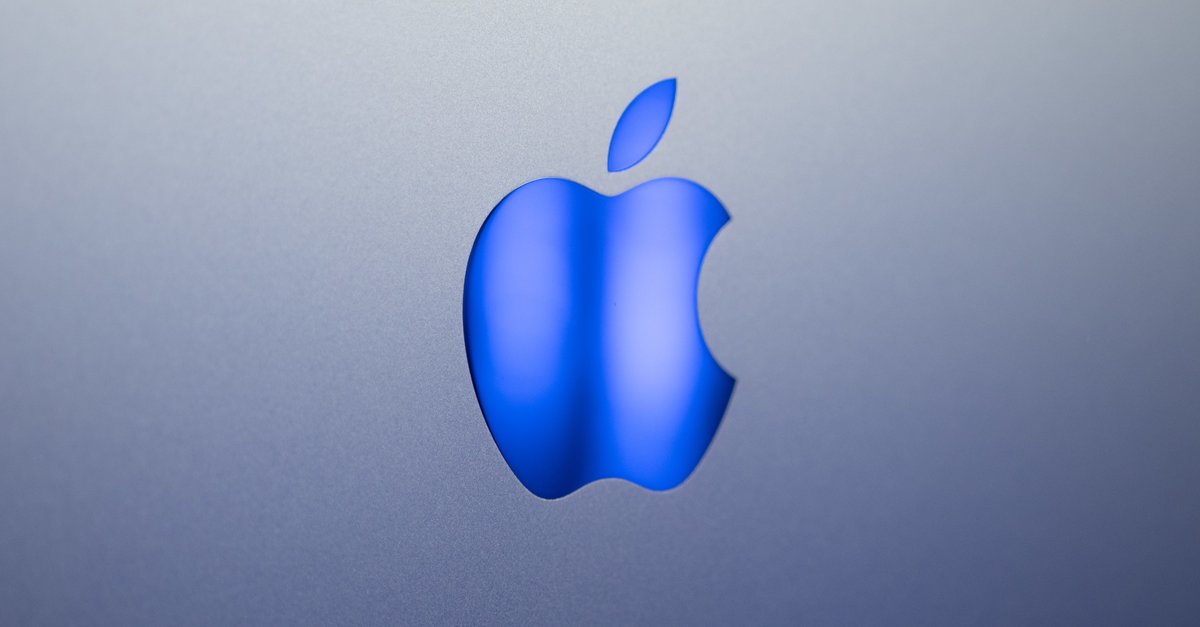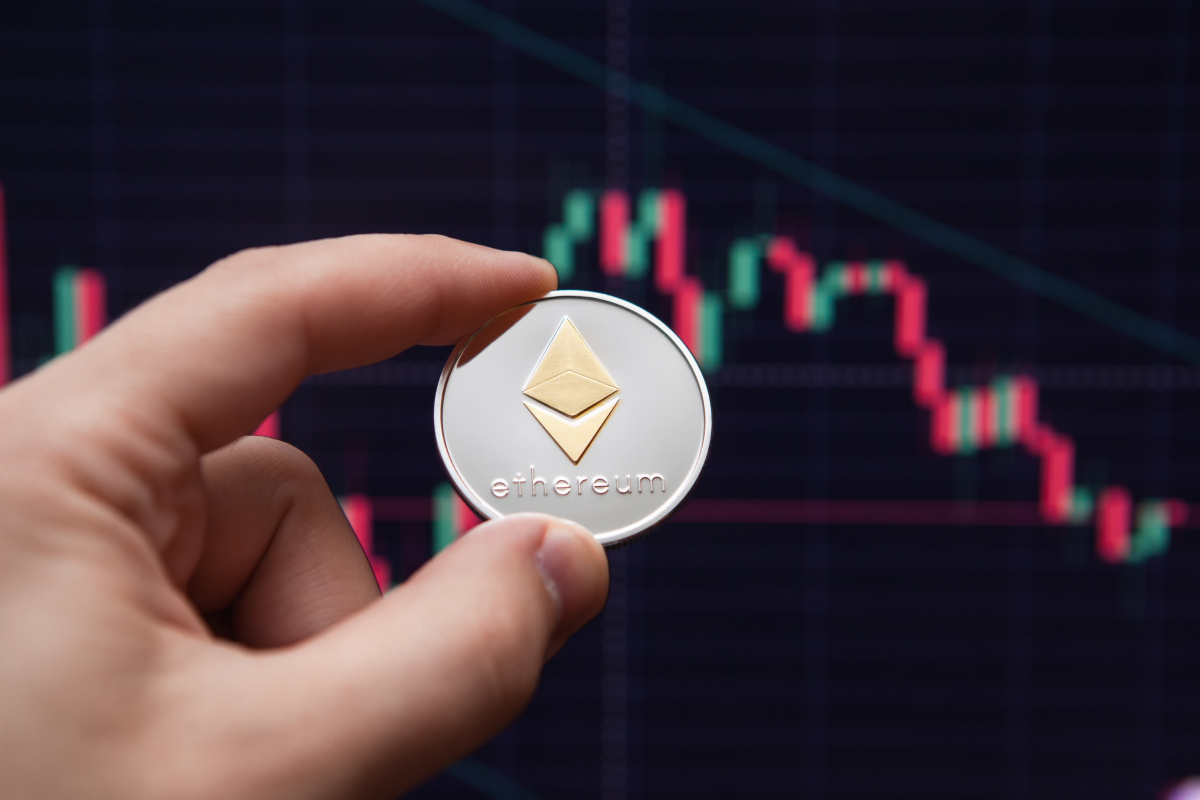This Google AI composes complete pieces of music for you
With Music LM, Google has developed an artificial intelligence that composes complete pieces of music from text modules. According to researcher Keunwoo Choi, the AI is even “bigger than ChatGPT”.
Systems based on artificial intelligence ensure more and more sleeping rows. ChatGPT, an algorithm from the company OpenAI, was particularly present. He was already able to communicate with us fluently and humanely, even if the system still has a few quirks. But that doesn’t seem to have reached the top of the flag yet.
Because Google has also been developing its own AI systems for some time. This is partly due to the fact that artificial intelligence can lead to an even better search engine in the future. With the Muse algorithm, the focus is now on AI-generated images, Music LM now even goes one step further.
Music LM composes pieces of music based on training material
The artificial intelligence composes its own music. Depending on the requirements you place on the algorithm, it searches for scales in different genres and generates 30-second pieces of music. AI researchers show themselves impressedwhat Music LM can already do.
The artificial works therefore sound deceptively real and as if they were penned by a composer. According to AI researcher Keunwoo Choi, Music LM is even “bigger than ChatGPT”.
For this to work, Google trained the AI system with music data with a total length of around 280,000 hours. With the titles, the algorithm also received the information on which keywords the composition fits. If you ask for a piece for an arcade game, for example, Music LM spits out the right beats.
Legal situation for music AI still unclear
But that’s not all. Because the artificial intelligence can also hum or whistle well-known pieces. And that without showing any real difference to humans. However, the system also has some problems. Because it is not yet clear on which legal basis the creation of the Google engineers stands.
Artificial intelligence often creates new works based on existing pieces. That could be a copyright infringement represent. And Google sees that too. The US group therefore states that the algorithm is not yet available to the public because it sees “the risk of potential misappropriation of creative content”.
Also interesting:


